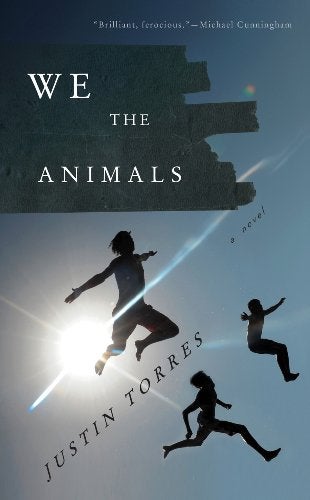As evidenced by my previous blog posts, I have been drawn by the predicament of writing race, or writing difference. Without a doubt, I am still bothered by this question of how we, or really, I, want to go about training my work to resonate on numerous levels, without sacrificing honesty for clarity, without having to play the endless game of cultural catch-up for a mixed audience. Without a doubt, this stream of thought turns almost every thing that I read, watch, or otherwise consume into a potential craft lesson. The latest item to fall victim is a documentary that I consider one of my favorite movies: Jiro Dreams Of Sushi.
As evidenced by my previous blog posts, I have been drawn by the predicament of writing race, or writing difference. Without a doubt, I am still bothered by this question of how we, or really, I, want to go about training my work to resonate on numerous levels, without sacrificing honesty for clarity, without having to play the endless game of cultural catch-up for a mixed audience. Without a doubt, this stream of thought turns almost every thing that I read, watch, or otherwise consume into a potential craft lesson. The latest item to fall victim is a documentary that I consider one of my favorite movies: Jiro Dreams Of Sushi.








